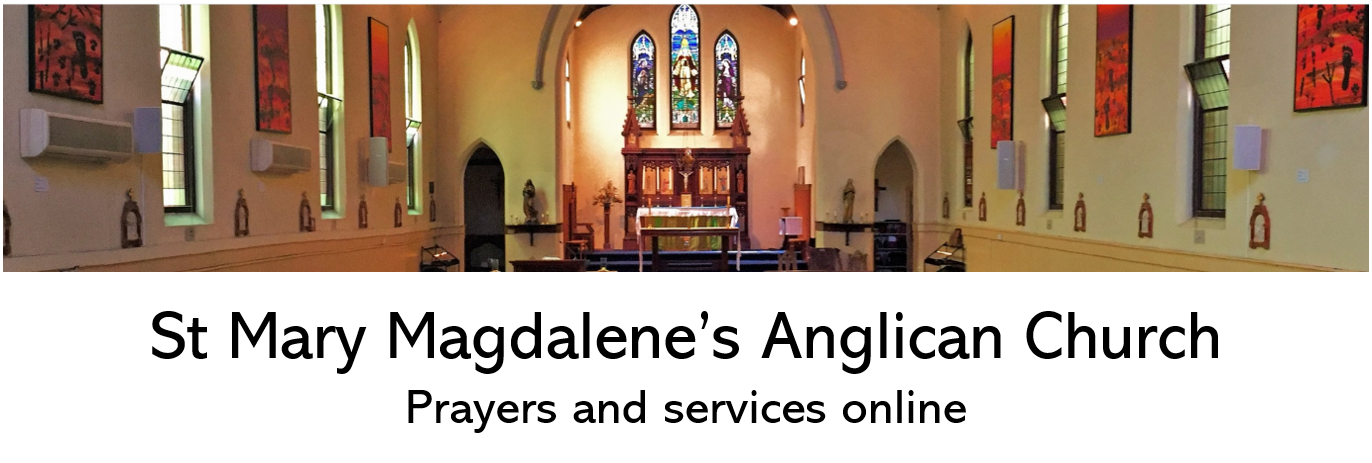“Prayer is….God’s breath in man returning to its birth”
George Herbert

Spirit as “inexpressible closeness of God”
Jurgen Moltmann
Image: Georgia O’Keeffe, Ballet Skirt or Electric Light (from the White Rose Motif)
John V. Taylor, closes his book “The Go-Between God” with a story of a West Indian woman who had been told that her husband had died in a street accident. The shock of grief stunned her, and she sat in her London flat “rigid and unhearing”. Her family and friends came and went, not knowing what to say or do. Then an English woman, a teacher of one of the woman’s children, called. Without a word she sat with the woman, “threw an arm around her tight shoulders, clasping them with her full strength”. For a long time that is all that happened. No words were spoken, and after a time, the visitor left, leaving her contribution to help the family in its immediate needs. John Taylor ends the story, and the book, with these words:
“That is the embrace of God, his kiss of life. …And the Holy Spirit is the force in the straining muscles of an arm, the film of sweat between pressed cheeks, the mingled wetness on the backs of clasped hands. He is as close and as unobtrusive as that, and as irresistibly strong”.


Ruth Cracknell, the Australian actor, wrote of a defining moment in. her life when her husband died.
“It is the most precious moment I have known: it is the most surprising moment because entirely unexpected. And if this moment I can keep, then nothing more do I need, now or ever. We are not, and this you must believe, in an empty room, but in a space suffused. We are golden; we seem for a tiny fragment of time, holy; a medieval painting….”
Can you recall moments in your life when you have felt the “embrace of God, his kiss of life”? Often, these moments come unexpectedly: they can occur in the most ordinary of circumstances – walking along the beach: doing a bit of gardening: a chance encounter with an old friend….
Both John Taylor and Ruth Cracknell speak of moments when we are less observers of life than participants. We do not place or posit God or the divine into our experience. These are moments when we wake up to the fact that our experience of life has a dimension of depth and richness to it. The Spirit comes to us not so much as the bringer of power but as the opener of our eyes. As a Jesuit has written: “The second prize is insight. The first prize is encounter”.

Call to mind moments of closeness, and imagine this intimacy as the Holy Spirit.
God is closer to us than our breathing.
Can you grow in this sense of the immediacy and intimacy of God
“breathing” you to reach our beyond yourself as you relate
to your world,
to other people….?
“Prayer is….God’s breath in man returning to its birth”
George Herbert
Radical compassion, in which an individual puts his own life at risk in order to help another, points to the truth about humankind as being fundamentally oriented toward the other, which is simultaneously a truth which God has revealed about himself.
Oliver Davies
The images in this post are of paintings of white roses by the American artist Georgia O’Keeffe. She is famous for her images of flowers, seeing beyond the physical form of the flower to the mystery of its creation. The painting Ballet Skirt or Electric Light is the most abstracted of this series; in the painting O’Keeffe simplified the energy of the blooming rose to its essence, so that it resembles a brilliant light radiating out of flat Cubist planes.
This painting is described in the book Imaging the Word: An Arts and Lectionary Resource, volume 3, where it appears in the Easter section. That book’s editors (Susan A. Blain, et al.) have linked the image with Christ’s resurrection. Bright and explosive, the painting has as its focal point an orb of light near the bottom edge, which could be read as the figure of Christ standing in the open mouth of the tomb. (Source: Art and Theology: Easter, Day 5)
Click for more information on Georgia O’Keeffe
To finish, a poem by Malcolm Guite.
Ordinary Saints: Epilogue
And now we turn our eyes from wood and paint
To contemplate the saints in flesh and blood,
The ones who’ve seen these pictures with us. Faint
Traces of God’s image, and his glad
Presence in humanity, have shone
Awhile for us in paintings on a wall,
The dark glass brightened, and the shadows gone.
How shall we know each other now? Will all
That we have seen recede to memory?
Or is our sight restored, and having gazed
On icons in this place, will clarity
Transfigure all of us? We turn, amazed,
To see the ones beside us, face to face,
As living icons, sacraments of grace.
For a printable PDF of the text of this meditation please click on the link below.




